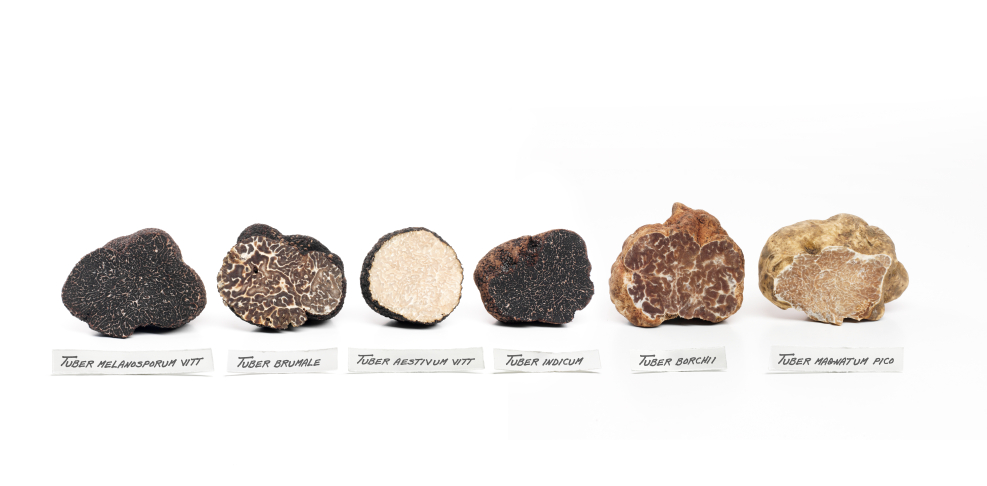Congratulations! It took a lot of work and preparation, but you landed the interview and separated yourself from the others by…
Now the game REALLY begins. Why?
Because the job interview is where you win or lose the offer.
Even the world’s best resume and cover letter won’t save you if you commit common, critical mistakes. The REAL way to win an interview is by taking just a few extra steps before it even starts so you can craft the perfect answers, display high levels of competence, and get the job every time.
Bonus: Keep reading to get my “3 Biggest Interviewing Mistakes” videos sent straight to your inbox. Get access to the FREE video series now.
Here are three of my best interview tips to get you started.
Interview Tip #1: Hack the interviewer’s state of mind
To prepare for your interview, think about what the interviewer is looking for.
Most candidates, however, only think about themselves — they get so wrapped up in their own thoughts, concerns, and abilities (aka “the I, I, I syndrome”) and forget what the interviewer actually wants in the perfect candidate.
Instead of focusing on ourselves, take a minute to ask yourself:
- What’s their state of mind?
- What are they looking for?
- What does the ideal candidate look like and say in their eyes?
Then, dig deeper and control the conversation by using three tricks to hack into the interviewer’s mind.
Interview Mind Hack #1: Interviewers have jobs, too
“Well duh,” you might say. “How is THAT important?”
Because they want to get back to work!
Interviewers don’t want to waste their day talking to boring candidates; they want to check the box that says, “Hired,” and get back to work to finish their own projects.
By understanding this reality, you can transform the entire feel of the conversation.
- Instead of seeing it as an interrogation, you’ll sound like a friend who’s just asking if you can help
- Instead of putting them on a pedestal, you’ll see them as a future colleague
- Instead of spending the entire time talking, you’ll turn the interview into a dialogue and mix in some questions
Remember: they’re looking to hire someone and really want you to succeed because it’s in their best interest.
Interview Mind Hack #2: It’s not just your skills
What do potential employers really want when they bring you in for an interview?
I’ll give you a hint: It’s not “experience.”
If they were looking for the most experienced person, they could simply read resumes and test people.
But interviews don’t ONLY assess your skills: They also gauge your behavior.
Understanding this gives you a huge advantage because you can prepare by considering the following things:
- What are the behaviors and personality traits that this position requires? For example: salespeople are friendly and personable
- What type of language would someone in this role understand and use? For example: do you know what Ruby on Rails means? SEO? ROI?
- What nonverbal cues do I want to send before I even walk into the room? For example: How does someone in this position dress? Suit? Dress? Polos?
When used correctly, you can use these cues to instantly and subtly signal to the interviewer that you are a high-value candidate and vastly improve your chances of receiving an offer every time.
Interview Mind Hack #3: Do your homework
Finally, do research on your interviewer on sites like LinkedIn, Twitter and Google.
The goal is NOT to stalk them or memorize everything they’ve ever done. Instead, it’s to learn:
- Their background (What schools did they go to? What clubs have they been a part of?)
- Their position with the company (Are they in a new role? Were they recently promoted?)
- Common interests you both share (Are they into volunteer work, sports, hobbies, etc?)
With these details, you can spark deeper discussions and stand out by subtly bringing them up during the interview — you’ll position yourself as someone who goes the extra mile, who’s proactive, and who cares. What’s the result?
A great job offer.
Once you’ve taken these steps to go deep into your interviewer’s mind, it’s time for final interview preparations and practicing how to answer tough interview questions.
Interview Tip #2: The 3 step method to give the “perfect response” (to even toughest interview questions)
Use these three steps to always give a great answer to any interview question:
“Perfect Response” Step 1: Find the question behind the question
Let’s take a cue from the world of dating and analyze this common question:
“Does this make me look fat?”
How would you answer a question like this? What is she really asking?
This is not just about the fit on a pair of jeans. She’s asking, “Do I feel secure with the way I look? Do you still love me?”
As you can see, the question goes far deeper than it appears on the surface. This same principle is true in interviews.
When someone asks you, “Can you tell me a little about yourself?” it seems simple and very straightforward, but the reality is, “tell me about yourself” has dozens of questions behind the question.
A great way to uncover these hidden questions is to think:
- What is their concern?
- What other information does this question give them?
- Are they testing to see if I’m familiar with the job’s responsibilities?
- Do they just want to see how I handle vague questions?
Always take time to pause and think about what they want. If you jump into answering their question or trying to sound good, you can miss what’s really being asked.
![]() Always look for the question behind the question
Always look for the question behind the question
Tip on how to use this in your interview: Come up with a list of 10 potential interview questions. Run them through the criteria above to uncover the hidden meaning behind what the interviewer could really be asking. Make sure to write this down before moving on.
“Perfect Response” Step 2: Find the plain English answer
If we try too hard to sound smart and professional, we end up sounding like idiots: “Yes, the occupation filled me with immense joy as I interacted with my supervisor on a day-to-day basis to execute the financial…”
HUH?
A better strategy is to first translate what we’re trying to say into to a plain English answer. Then, if our response is compelling, we can polish the exact language to make the answer interview-worthy.
Imagine the interviewer asks “Why do you want this job?”
Before blurting out something about how you really “love their corporate values” or how you’re “so passionate” about the job, come up with a plain English response.
Here are some real reasons you might want to work at Company X:
- The company does great work.
- There a lot of smart people here.
- I think I can do a good job.
So here’s what your answer might look like in plain English:
“I want to work here because the company does great work, there are a lot of smart people, and I think I can do a good job.”
Tip on how to use this in your interview: With the 10 questions you deconstructed earlier, come up with your plain English responses to them. Be sure to also address the question behind the question.
At this point, we’re not concerned about structure and sounding great. We just want to get a response on the page.
That plain English answer is already better than most. Now, take it to the next level by using the third and final step.
“Perfect Response” Step 3: Polish to perfection.
The way to polish your plain English response to perfection is to add a compelling story.
A story, when told well, is the easiest way to decommoditize an answer and elevate yourself in the eyes of the interviewer.
Here’s how to do it:
- Start with a broad opening
Set the stage with some high-level background to let the interviewer know what you’re going to talk about before diving into the details.
For example: “I want to work at ACME Company for three key reasons. First, you’re doing amazing, life-changing work in the field of x. Second, I’m confident I can make a huge contribution, given my experience in y. And third, you have some of the smartest people in the world working for you. That really excites me from an intellectual perspective.”
- Then, get really specific
Now, transition into a short story with only the relevant details.
For example: “Working with the smartest people is a big deal for me. You’ll notice that I have a history of actively seeking out and working with the top people in my field, such as John Smith and Jane Doe, who really pushed me to accomplish z.”
- Highlight the important takeaways
Lastly, get broad again and highlight the key takeaways.
For example: “The bottom line, I thrive in environments filled with smart, ambitious people, and that’s why I’d love to be a part of the ACME team.”
Notice how different this is from what most people say in interviews: It’s crisp and concise with no fluff and packed with details that are engaging and impressive.
Filter your responses to common interview questions through this step-by-step system and you’ll give the perfect answer every time.
Interview Tip #3: Avoid these deadly interview mistakes
You’ve got the interview, you’ve done your research, and you have your amazing answers — you’re almost there.
Don’t blow the whole thing by committing one of the three biggest interviewing mistakes.
You could do everything above correctly and still get a NO if you make an error that lands you into the “Do Not Hire” pile.
To make sure that doesn’t happen, I put together more interview tips in my three free videos on “The 3 Biggest Interviewing Mistakes” for you. Avoiding these costly blunders is how you set yourself apart from other candidates and get the job of your dreams.
if (typeof IWT == 'undefined') {
if (typeof $ != 'undefined') {
$.getScript("/inc/iwtcore.js", function(){
});
};
}
Get the three free videos “The 3 Biggest Interviewing Mistakes”
3 tips to dominate your job interview and give the perfect answers is a post from: I Will Teach You To Be Rich.
 Don’t be this guy
Don’t be this guy







 Nobody wants these jobs
Nobody wants these jobs Bill made $40,000 in 3 months freelancing from home
Bill made $40,000 in 3 months freelancing from home Kirin learned to make $1,000+/month teaching cello from home.
Kirin learned to make $1,000+/month teaching cello from home. Marc made $114,236 (so far) working from home.
Marc made $114,236 (so far) working from home. She saved almost $700 on the first day!
She saved almost $700 on the first day!


 Always look for the question behind the question
Always look for the question behind the question

















